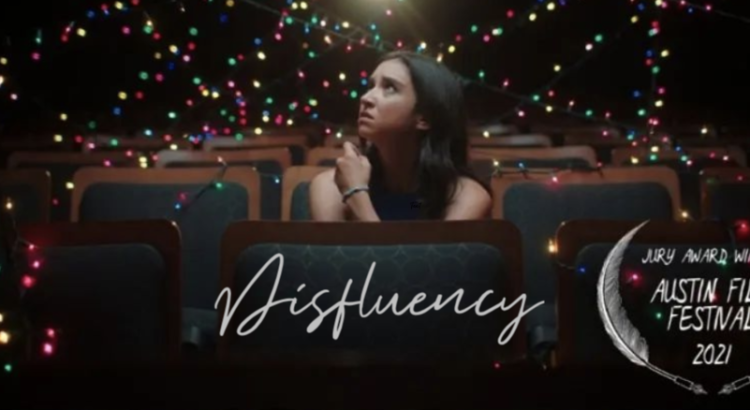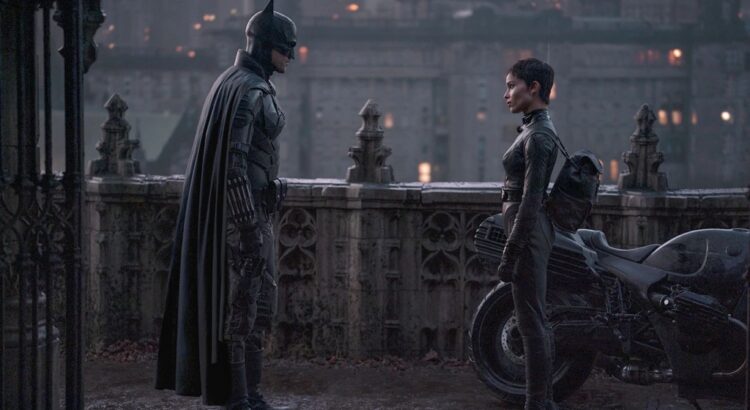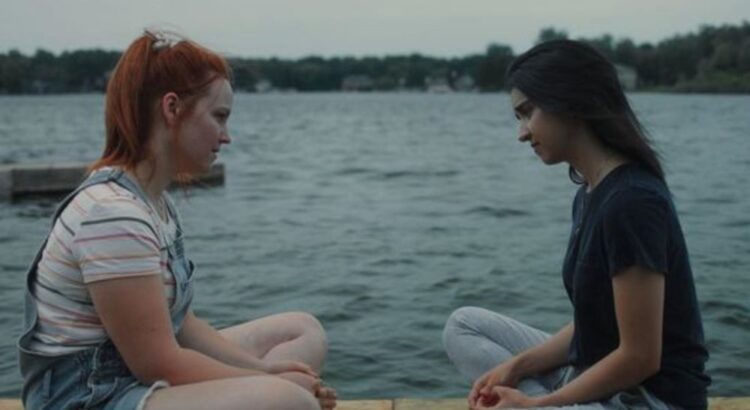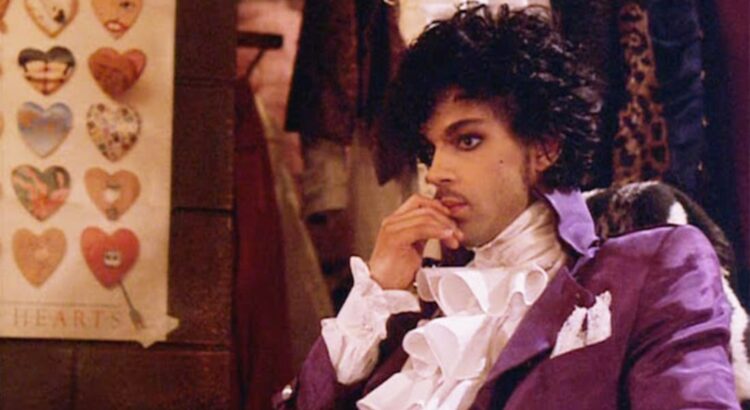Michigan theater welcomed back alums who once worked on assignments for film classes in Ann Arbor but came back with beautiful and successful production. The Auditorium of Michigan theater was quite full of locals and friends of the production team. The audience enjoyed the live music from the film, the screening of ‘Disfluency’, and the Q&A that followed. Before we jump into the review about the movie itself, I just wanted to say that I appreciate the event because it felt as though I was glimpsing a page in the growth of people working in the production industry, how they made friends, who turned into colleagues and created something beautiful together.
Disfluency was a young, beautiful film. Its beauty was not a helpless sort – it ran with vitality through the lake of early summer, shimmering like the lake frequently shown on the screen. I had to mention ‘beautiful’ as the first word that came to my mind about the film because of the mise en scene. The way that the scenery and the characters were filmed had affection to it and the locations on camera were perfect depictions of a calm lake town and a summer that was not annoyingly humid. In the movie, Jane’s hometown had to be a place where Jane ran away from college, where she could, although she had doubts, reunite with her friends and family, digest what had happened to her, and find the courage to decide on what to do with it. The movie persuaded the audience that Jane’s hometown was a place where those things could happen with the visuals. Also, marking the scene where Jane was going through PTSD with bright fairy lights was not only visually satisfying but also clearly communicated what was going on; flashback to the past every time Jane is experiencing PTSD would have been consumed too much time and made things off focus, but short insert of lights did not hurt the flow of the story while focusing on Jane’s emotional state.
Although this movie was beautiful, its beauty was not something fragile that was there for the sake of examination. It had the horror of reality in it, but it did not let the sorrow eat up the whole story and character. Instead, it showed how a person may, even though they were not okay and stumble, manage to face the incident. I think this was possible because of the storyline. Although the storyline was emotionally sensitive, it was not too dramatic. The monologue where Jane breaks down crying in the bathroom of a police office and tells her sister about what happened, the doubts she had on what had actually happened, and on herself whether she was acting too dramatic was a great example. This was a sudden burst of emotion and information, but it was not excessive because people cope with too much stress like that in real life. We don’t build up and give out hints like in delicately structured operas. We break down at one point. Jane in the movie did, too. I also liked how the start and end of the story used the same narration and the same space but the position of Jane, first in the audience seats but later on the platform, would change in the end, symbolizing how her emotional state had changed.
For regrets, there were some scenes, especially near the start where the camera was shaking a bit, although I could not easily understand the purpose if they were done intentionally. But in all, it was a movie that I certainly don’t regret investing a weekday evening.











